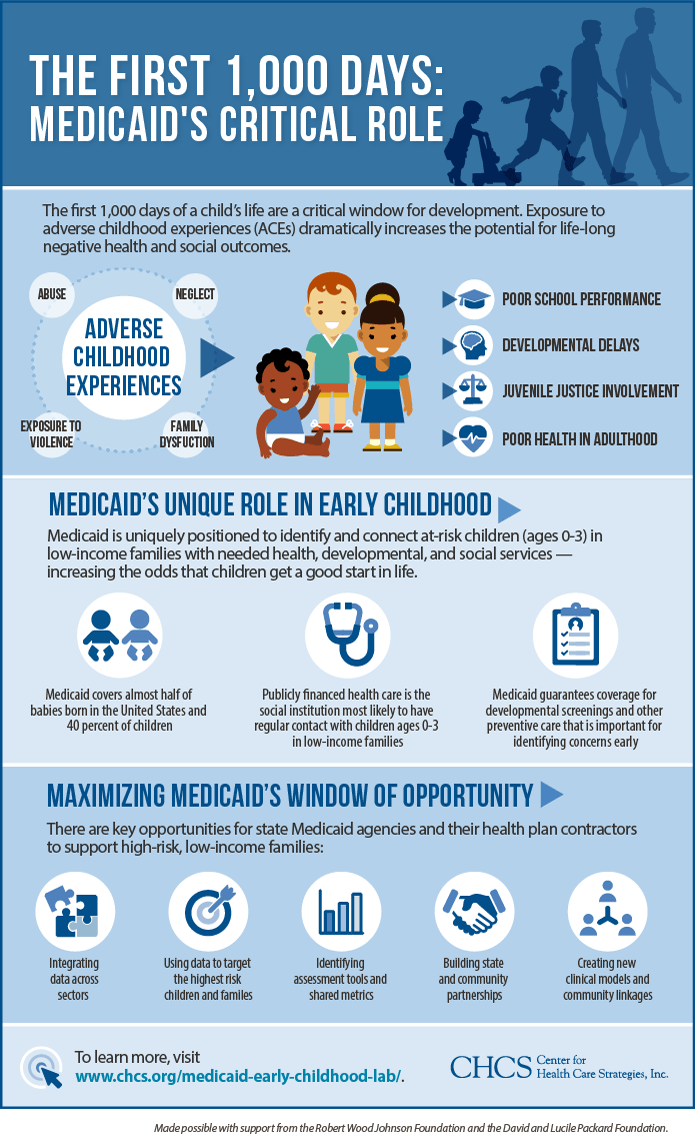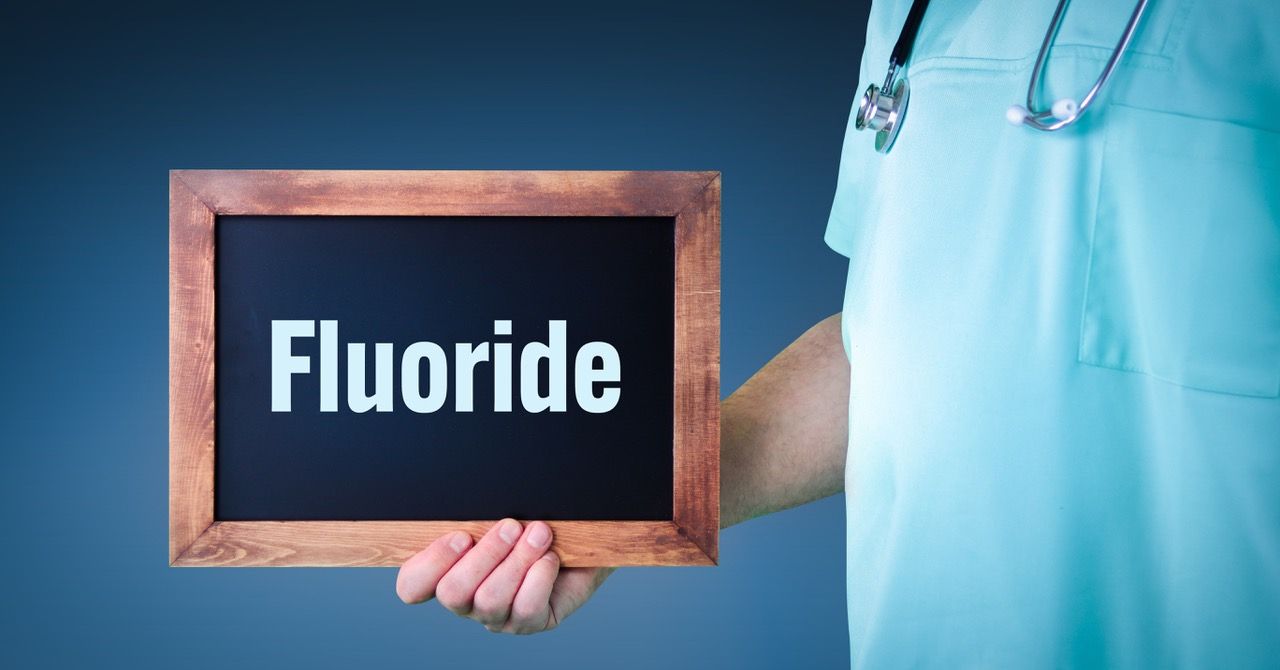Should Your Practice Be Accepting Medicaid?

Pandemic Continues to Fuel
Medicaid Enrollments
As the COVID pandemic continues, Medicaid enrollments across the country have increased significantly. In Iowa, enrollments are up 44% as of the end of October. More than 65% of Iowa physicians are currently accepting Medicaid.
Should your medical practice be one of them?
More Americans Becoming Eligible
With last spring’s high unemployment rate, more Americans became eligible for Medicaid than ever before. All the primary health insurance companies who serve Medicaid patients confirmed dramatic enrollment increases. These insurance carriers expect this trend to continue for several reasons:
- The rise in Medicaid enrollments typically lags behind other governmental benefits — such as unemployment insurance and food stamps — as people are more focused on the immediate needs of food and rent.
- Workers don’t always lose employer-based medical insurance immediately upon losing a job.
- The pandemic has influenced people to defer non-urgent medical visits. These visits often provide an incentive for Medicaid-eligible patients to enroll in coverage, especially since healthcare providers typically help their patients apply.
Consequently, providers can anticipate that Medicaid enrollment will continue to grow in the coming months.
There’s no question that Medicaid is an essential aid program. Millions of Americans would be unable to receive healthcare services without it. And because each program is managed at the state level, individualized needs can be met.

Medicaid-to-Medicare
Fee Index
The Medicaid-to-Medicare fee index measures physician fees relative to Medicare fees and varies by state. Doctors in states with higher ratios are more likely to accept new Medicaid patients.
According to data collected by the
Kaiser Family Foundation
, the overall national Medicaid-to-Medicare index is 72%, while Iowa scores higher at 82%.
Getting Paid
Iowa healthcare providers can be reimbursed for Medicaid services on a fee-for-service (FFS) basis, through managed care plans, or both.
Fee for Service
With FFS, providers are paid directly by the state for each covered service received by a Medicaid patient. FFS rates are designed to pay only for the care that a patient has specifically received. In Iowa, that figure is approximately 80% of the provider’s standard fee.
Managed Care
Iowa transitioned the vast majority of its Medicaid patients to a managed care plan (IA Health Link) in 2016. Through this plan providers are paid a monthly per-member case management fee in addition to the standard Medicaid fee-for-service (FFS) reimbursement.
But unlike FFS, the managed care fee provides upfront fixed payments for expected use of covered services, administrative costs, and profit.
So regardless of which services a patient receives, Medicaid pays out the same amount. That amount is then apportioned according to the actual services received.
The state of Iowa is currently serviced by two Managed Care Organizations (MCOs): Amerigroup Iowa and Iowa Total Care. Healthcare providers may contract with one or both of these MCOs in order to treat their Medicaid patients.
Advantages of Accepting Medicaid
You become part of the solution. Medicaid beneficiaries have far better access to care than the uninsured population. As a result, they are less likely to postpone or go without needed care due to cost.
More than 43% of Medicaid’s beneficiaries are children. The program allows them to receive annual checkups, necessary vaccines, and appropriate medications whenever necessary. Disadvantaged families who require special care can also have their needs met.
--Article Continues Below--

Medicaid provides a large potential patient base. Within every community are households that qualify for the program. For example, in 2019, over 75 million people — more than 22% of the U.S. population — were enrolled in Medicaid. And because every state publicizes a list of participating providers, there’s no need to advertise. This built-in customer base can be particularly helpful when establishing a new practice.
Payment is guaranteed. Medicaid offers healthcare providers a guaranteed stream of income. This income stream is sometimes even more reliable than private insurance
Why Don’t More Providers Accept Medicaid?
In light of these advantages, you may be wondering why all healthcare providers do not accept Medicaid. Two primary reasons:
- Medicaid reimbursements are often lower than those of private insurers, and there’s no guaranteed timing on payment. Providers also cannot charge a fee for missed appointments.
- The level of documentation required for Medicaid reimbursement is greater than that required by private insurers, resulting in additional administrative overhead. Pre-authorization can delay delivery of treatment, and more appointments may be required.
You Decide
Only you can decide if your practice is a good fit for the Medicaid program. But with enrollments at an all-time high, and expected to increase even more in 2021, now may be a good time to consider it.
Recent Posts











Share On: